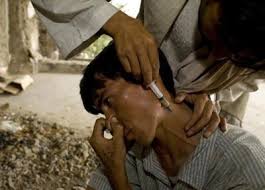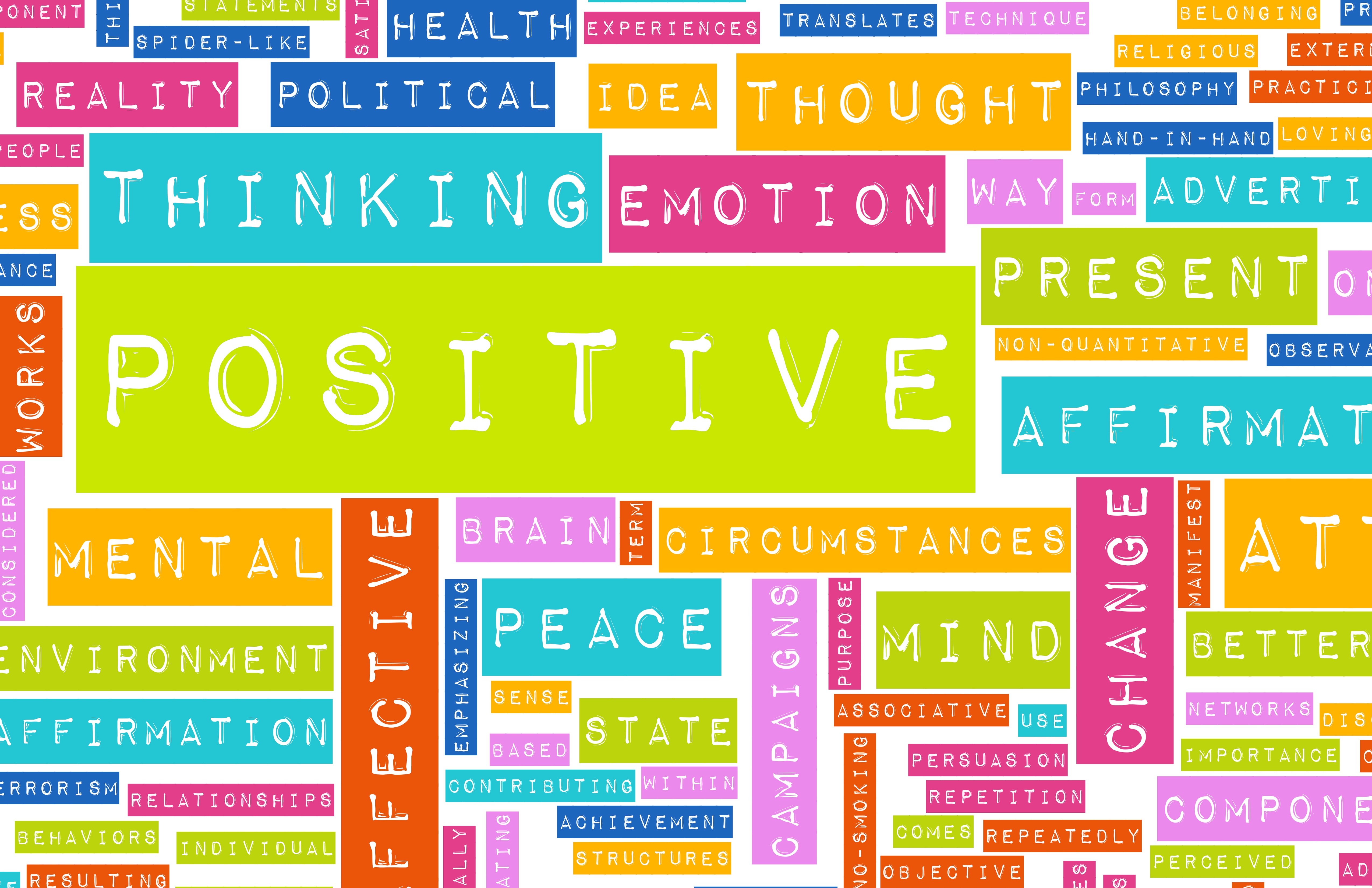Overcoming addiction recovery challenges

The challenge may look bigger but overcoming addiction recovery challenges is very possible no matter the situation you are
Overcoming addiction recovery challenges: Reaching out to others
Oh yes, education for reaching out with addiction recovery programs is very important not just to the recovering addicts but also their counterparts who are yet to register into the program. If you have made the first step of acknowledging the problem treatment becomes easy and even drug relapse prevention becomes attainable because there are very important tools for overcoming addiction recovery challenges. Remember that creating awareness to other drug users with drug prevention materials encourages you to stay sober and serves as a reminder of how far you’ve progressed. Drug relapse prevention is strengthened by holding yourself responsible for spreading encouragement and education to others.
Overcoming addiction recovery challenges: Creating addiction awareness
An opportunity to reach out is to speak to members of our youth such as students at a high school. According to the 2010 NSDUH report, 10.1 percent of youths ages 12 to 17 use illicit drugs. Speaking to youths about your addiction promotes drug-free habits in young people, and working with them is very rewarding for some addicts. Educating others about drugs helps you feel empowered and reinforces what you know about drugs and the effects of addiction. This will lessen your risk of relapse as you will continue to feel good about what you’re doing. You will begin to feel responsible for your work as a drug educator and feel a sense of accomplishment. This feeling of accomplishment will help you in drug relapse prevention.
Educating young adults is especially helpful in alcohol relapse prevention. Over 15.6 percent of college-aged persons are heavy drinkers, and 42.2 percent are binge drinkers according to the 2010 NSDUH report. These rates are extremely alarming, and a recovering alcoholic may find solace in educating students about alcoholism and sobriety.
Attending group meetings for addicts is very beneficial for recovering addicts as well. Meeting with other addicts provides peer support for recovering addicts. Other addicts understand what you are going through and provide encouraging words to help in recovery. Seeing people who have maintained sobriety for an ongoing period is uplifting and helps in drug relapse prevention.
Overcoming addiction recovery challenges: Fall back plan when mistakes are made
As hard as recovering addicts try, some may slip up and relapse. If you suffer a relapse, do not fear that your path to recovery is blocked, because you are not the only one who may go through ups and downs on the road to recovery. According to the National Institute on Drug Abuse (NIDA), 40 to 60 percent of substance abusers relapse at some point in recovery. Drug relapse prevention is an ongoing process that may need to be adjusted after treatment.
Should a relapse happen, it is important to immediately seek treatment for yourself or a loved one? Starting the addiction treatment process over again is most beneficial as you or your loved one will relearn the essentials of sobriety and detox in a safe environment that is free of temptations. It is also important that the addict remains in treatment for as long as needed. According to NIDA, the most effective treatments for substance abuse addiction last longer than three months.
As with treatment, the best form of drug relapse prevention varies by the addict. Different addicts need different kinds of treatment to continue recovery. The most effective method of drug relapse prevention is one that not only treats the substance addiction but also any underlying physical or mental conditions that may exist. And that is what we will give you at AWAREmed Health and Wellness Resource Center. Get to that phone and call us right now and we will be there for you all the way to your total recovery process.
Overcoming addiction recovery challenges: Reaching out to others








